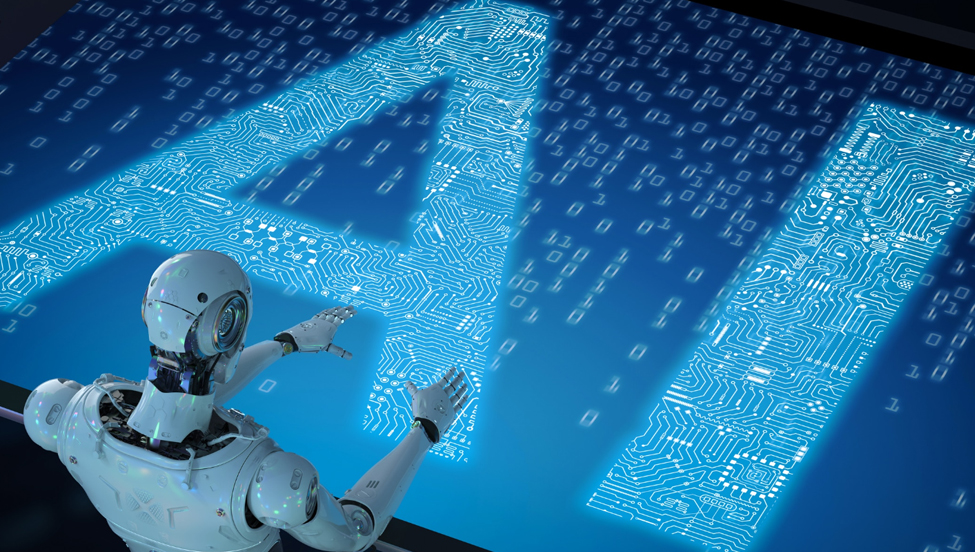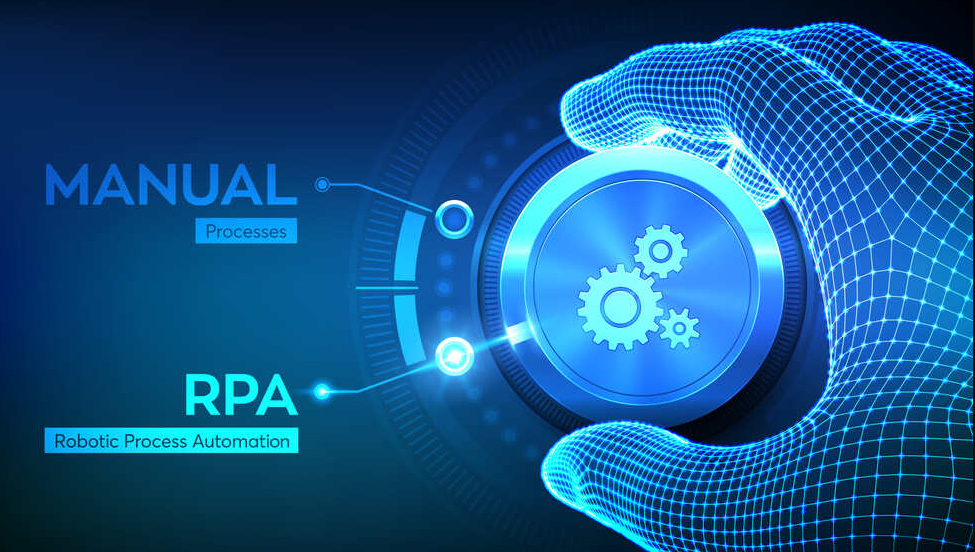
AI, or Artificial Intelligence, is a collection of technologies that utilize computation and machine learning to enable machines or programs to perform tasks that "think" or process data to solve problems or carry out actions automatically, without direct human commands each time.
Types of AI Capabilities
Deep Learning:
AI models can learn from vast amounts of data and predict outcomes, such as classifying images or text.
Machine Learning:
AI models can learn and improve themselves from received data, such as predicting stock prices or segmenting customer groups.
Strong AI:
AI models that have the ability to think and solve any problem like humans, such as robots that can converse and adapt to situations.
Weak AI:
AI models with limited capabilities, such as answering pre-defined questions only.
AI in Everyday Life
AI has been widely integrated into daily life, enhancing coordination and convenience for humans. Examples of AI usage in everyday life include:
1. Virtual Assistants:
Applications and devices using AI, such as Apple's Siri, Google Assistant, Amazon's Alexa, and Microsoft's Cortana, help users perform tasks or search for information through conversation with these devices.
2. Data Filtering and Useful Information Display:
AI can filter spam emails or recommend music or movies that you might be interested in at the right time.
3. Improving Work Efficiency:
Organizations use AI to analyze data and business operations, such as sales forecasting, stock management, or optimizing production processes.
4. Healthcare Applications:
AI helps in diagnosing diseases, analyzing medical images, or managing appointments and patient records.
5. Autonomous Driving:
AI-powered self-driving car systems reduce road accidents and enhance driving safety.
6. Educational Adjustments:
AI is used to tailor education through the development of educational applications and online learning systems that adapt to individual learning patterns.





















